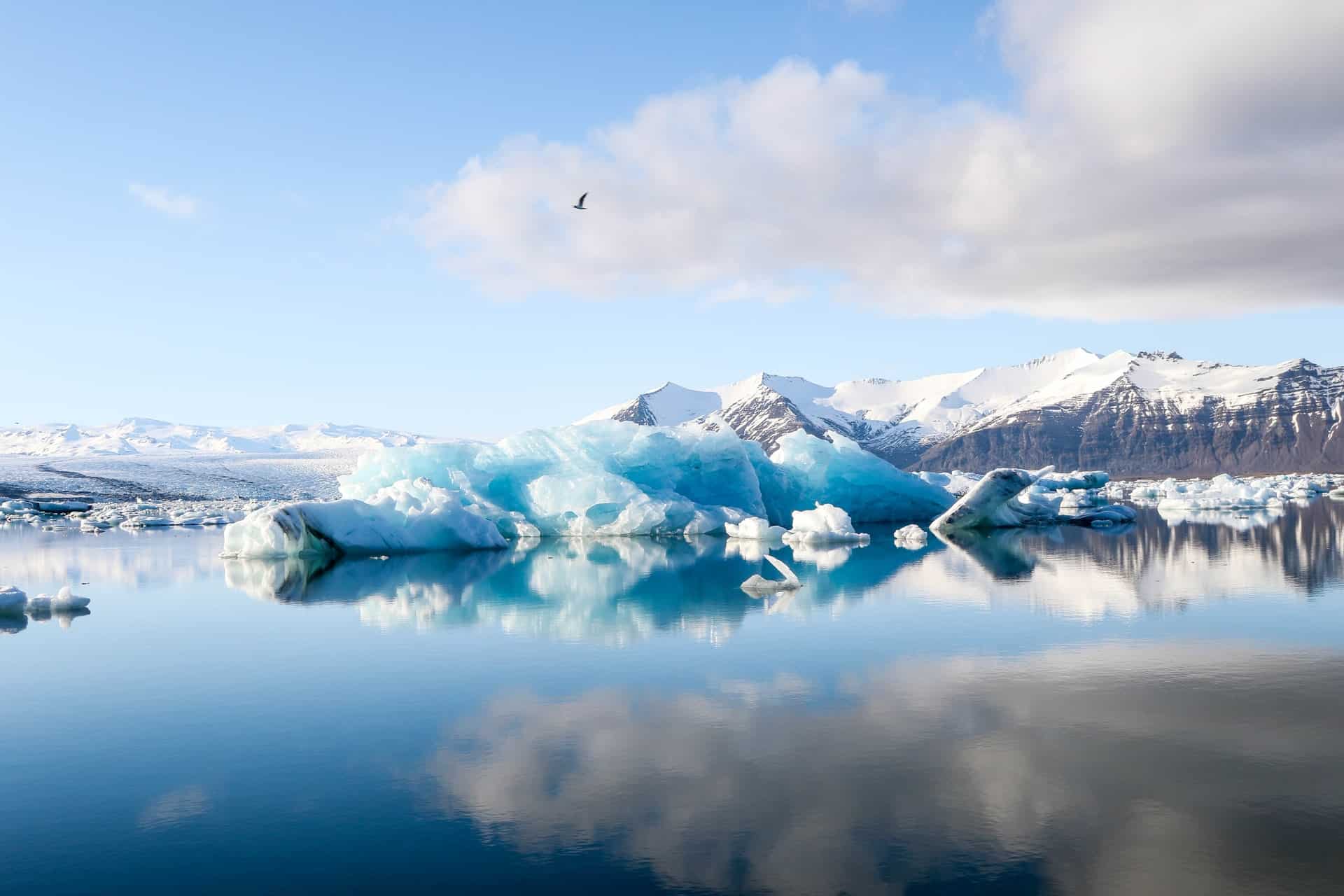
Thinking about Christianity and the environment can be overwhelming, can’t it? It’s also a subject fraught with conflicting opinion and tense politics. As a result, finding what our honest response as Christians should be can be really difficult.
As with everything, the best place to start is the Bible.

Genesis 1:1 is central to this conversation: God Himself is inextricably linked to this planet and its welfare.
“In the beginning God created the heavens and the earth.”
Our belief that God created the heavens and the earth means we can’t separate our opinion of, or response to, environmental issues from our faith. This isn’t merely a scientific or a political issue.
When considering the environment and climate change, we must keep our knowledge of God as the creator at the forefront of our minds. There’s a beautifully descriptive verse in the book of Nehemiah that expands on God’s role as the creator.
“You are the Lord, You alone. You have made heaven, the heaven of heavens, with all their host, the earth and all that is on it, the seas and all that is in them; and You preserve all of them; and the host of heaven worships You.” Nehemiah 9:6

Psalm 24:1-2 says: “The earth is the Lord’s, and everything in it, the world, and all who live in it; for He founded it on the seas and established it on the waters.”
The earth belongs to God. This is as true today as it was when David first wrote (or more likely, sang) those words.
Not only does the earth belong to God, Genesis 1:31 tells us that He thinks it’s good. “God saw all that He had made, and it was very good. And there was evening, and there was morning—the sixth day.”
So what have we learnt from our quick study across Genesis and Psalms? We see that God created the world, that it belongs to Him and that He thinks it’s good.
Before your thinking about Christianity and the environment gets any more complex, these truths are a strong and sure starting point. God made the world, and then He asked us to look after it.
After God creates the Earth and declares it to be good, He creates humanity. By rereading these few verses in Genesis we can see the mandate given to us by our Creator.
Then God said, “Let us make mankind in our image, in our likeness, so that they may rule over the fish in the sea and the birds in the sky, over the livestock and all the wild animals, and over all the creatures that move along the ground.” So God created mankind in His own image, in the image of God He created them; male and female He created them. God blessed them and said to them, “Be fruitful and increase in number; fill the earth and subdue it. Rule over the fish in the sea and the birds in the sky and over every living creature that moves on the ground. Genesis 1:26-28
Part of our biblical mandate, as seen in Genesis, is to ‘rule over’ the earth. The Hebrew words used here are ‘Radah’ and ‘Kabash’, in turn meaning ‘have dominion over’ and ‘subdue’.
Genesis 2:15 reveals more of the mandate given to man by God: “The Lord God took the man and put him in the Garden of Eden to work it and take care of it.” The Hebrew words used for ‘work’ here are ‘Abad’ and ‘Shamar’, meaning ‘till’ and ‘keep’.
There’s endless riches to be found in tracing the use of these Hebrew words throughout scripture. But even just a short study like this reveals part of God’s heart for how man was to interact with the environment.
God created us to have dominion over the earth. He also created a world where He and man dwelled together in a garden and man’s role was to ‘keep’ the garden.
When you recognize that that was God’s intention for how we live on this earth, and that we were given direct responsibility for the care of the world, the current reality becomes a startling thing to behold.
Part of our very DNA is to be caretakers of this planet. It’s in our design, it’s part of our purpose and it’s outlined at the very beginning of scripture.
We are called to steward this earth, to be fruitful and to work with nature to bring it to its best. Just as God the creator is inextricably linked to the earth, as stewards, so are we.
C.S. Lewis said: “Something of God... flows into us from the blue of the sky, the taste of honey, the delicious embrace of water whether cold or hot, and even from sleep itself.”
Spending time in nature has been proven to be of huge benefit to our physical and mental health. As Christians we can recognize that this is because, in part, doing so connects us to God and to our God-given purpose.
When we see nature as a way of connecting with God, and the beauty of the world as a way of glorifying Him it’s hard to resist the pull to protect the earth.
How you respond to news of climate change is up to you. There will be Christians who become passionate environmentalists. There will be those who question the way climate change is reported. Our challenge is to stay in unity, as one body, even with those differing views.
As for our personal response as Christians to the environment - the earth was designed to be a place that facilitated intimate connection with God.
By connecting with Him, everyday, you can discover your own unique response to pressing issues. Spend time with Him, invite Him into your thinking and allow Him to shape your response to the environment.
Download Glorify Today